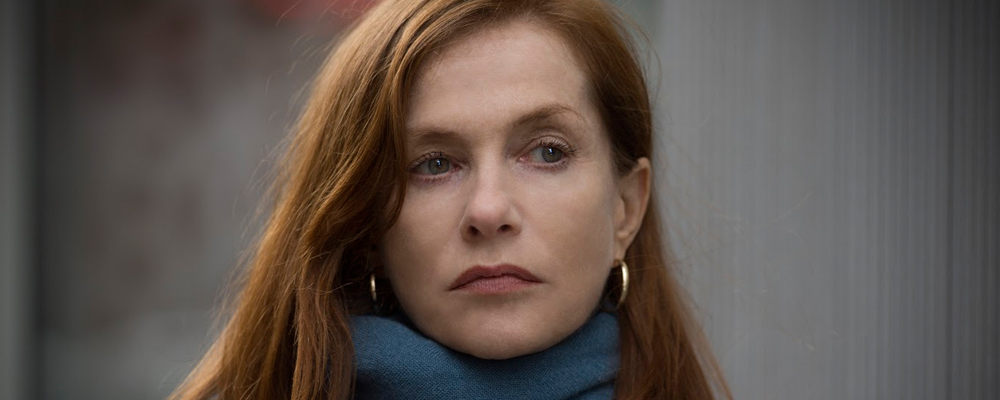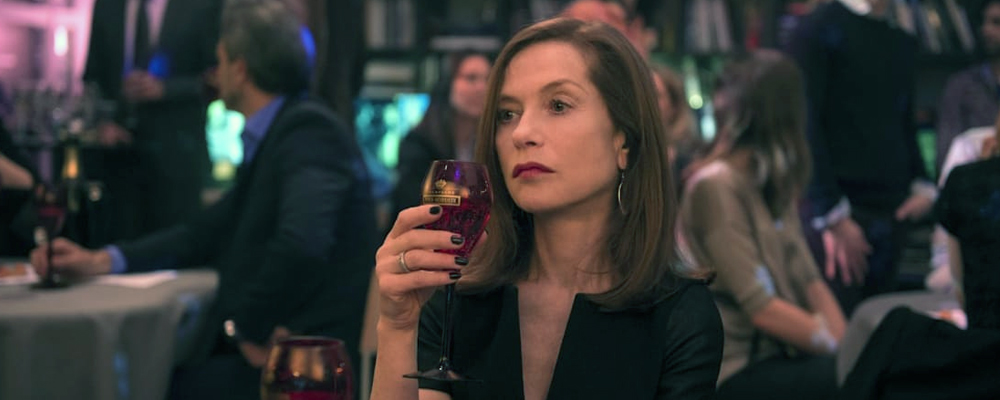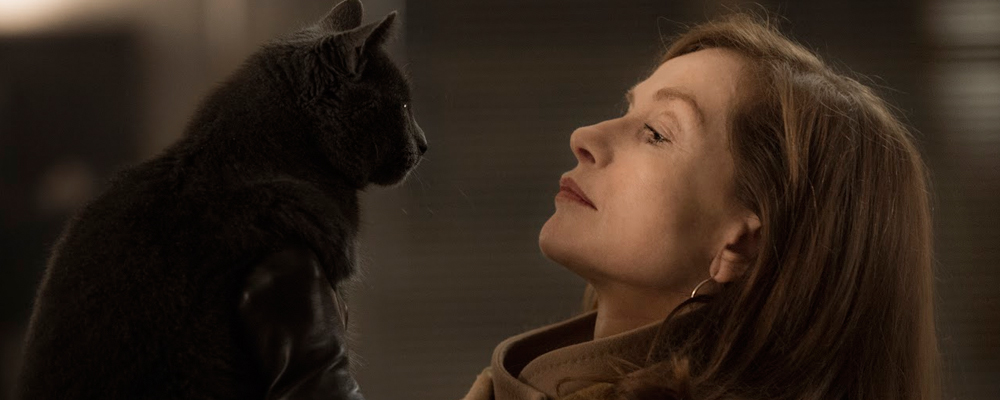Isabelle Huppert Electrifies in Paul Verhoeven’s Unnerving Rape-Revenge Drama ‘Elle’
Aryeh Harris-Shapiro
No one can ever accuse Paul Verhoeven of playing it safe. The director’s career started with ambitious Dutch art films, then went Hollywood with “Robocop,” and “Showgirls,” then went back to Europe for the occupation drama “Black Book.”
And his first feature in ten years, “Elle,” may be one of his riskiest propositions, a combination of a frothy French family comedy and a rape-revenge thriller designed to push audience buttons. Verhoeven manages the tightrope walk he’s set for himself and delivers a confident, unsettling comeback that asks sharp-edged questions about sexual assault while refusing to provide easy answers.
Isabelle Huppert stars as Michèle Leblanc, the head of a successful video game company who, after being raped in her in own home, begins fantasizing about her attacker and attempts to track him down. “Elle” dances between genres, shifting fluidly between wacky family comedy, salacious melodrama, arthouse character-study, and, of course, erotic thriller, a genre Verhoeven pinnacled with “Basic Instinct.”
Huppert portrays Michèle as always watching and calculating, a permanently arched eyebrow suggesting the barrier between herself and the rest of the world. Cinematographer Stéphane Fontaine’s handheld camera spends most of the movie glued to Huppert’s face, devouring every expression as she communicates entire thought processes with tiny pauses and tilts of the head. Michèle may be callous and unknowable, but also convincingly human. It’s a testament to the star that the film’s greatest mystery isn’t the identity of Michèle’s attacker but rather what she’ll do once she figures it out. It’s an even greater credit to the film that the answer doesn’t disappoint.
“Elle” was adapted by American screenwriter David Birke from French-Armenian writer Philippe Dijan’s acclaimed novel “Oh…” Verhoeven originally intended to move the story to the United States, but translated the script into French and returned to the novel’s Parisian setting when he realized that “no American actress would ever take on such an amoral movie.”
Amoral is a good word to describe “Elle.” The film contains no lessons and takes no stances, all the way through a “happy” ending that, like Verhoeven’s earlier “Starship Troopers,” treats the viewer to conventional catharsis while revealing just how hollow that catharsis really is. “Elle” forces its audience to come to their own conclusions, both about the characters and the film itself. The film is a provocation in the truest sense of the word, less concerned with stirring up outrage than with pushing its audience to the extremes of their own morality.
“Elle” will not be for everyone, and controversy is likely to bubble up as it gains exposure. However, underneath Verhoeven’s expert jabs at good taste and decency lies an unnerving, thoughtful work that refuses to treat its heroes and villains as anything other than people.
“Elle” opens in limited release on Nov. 11 in NYC and Nov. 16 in LA.




